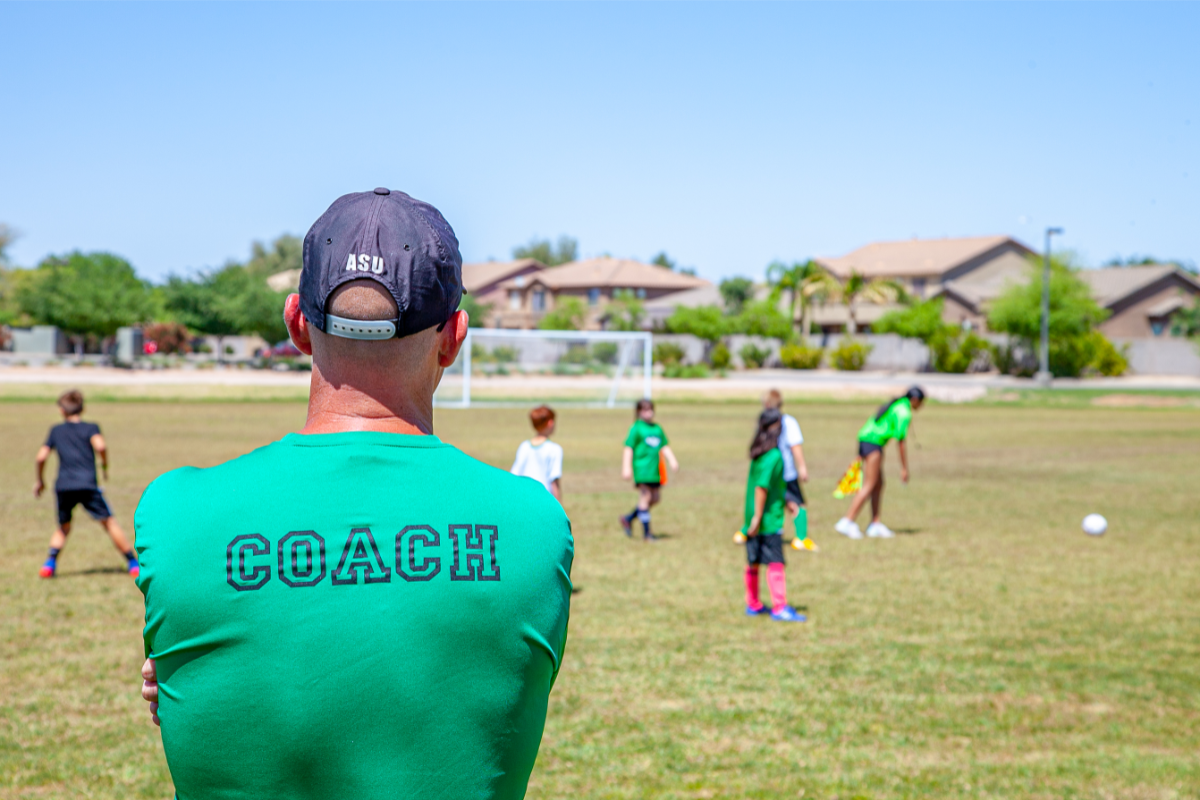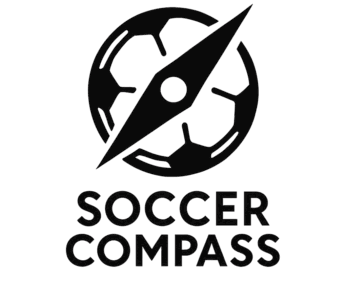Keep Your Cool and Play Your Game
The atmosphere gets tense. Parents from the other sideline are shouting at the ref. Their coach is encouraging physical play that’s crossing the line. Your players look at you, wondering how to respond. Handling the opposing sideline in youth soccer is one of the toughest challenges coaches face, but it’s also one of the best teaching moments you’ll ever have.
Control What You Can Control
Here’s the truth: you can’t control the opposing coach’s tactics, their parents’ behavior, or how aggressive their team plays. But you can control how your team responds.
I always tell my players the same thing before every match: “We play our game, not theirs.” When the other team gets physical or their sideline gets loud, that’s when our character shows. Getting dragged into their drama means they’ve already won.

Focus on the Process, Not the Chaos
When things get heated, I gather my players and refocus them on the fundamentals. Quick passes. Movement off the ball. Communication. These are the things we’ve practiced, and these are the things that win games, not getting into pushing matches or arguing with refs.
The opposing sideline wants to distract you. Don’t give them that power. Every moment your players spend worrying about what the other team is doing is a moment they’re not focused on their own performance.
We Play Fair, Period
I’m explicit with my team: we don’t retaliate. We don’t play dirty just because they do. Why? Because youth soccer isn’t about winning at all costs. It’s about developing players who respect the game, their opponents, and themselves.
When an opponent plays aggressively, we stay composed. We use our skills to play around them. We let the ref handle the fouls. This approach not only keeps us out of trouble but also frustrates teams that rely on intimidation rather than skill.
Dealing With Opposing Coaches and Parents
As a coach, handling the opposing sideline in youth soccer can test your patience. When their coach is encouraging rough play or their parents are screaming at officials, take the high road. Model the behavior you want your players to emulate.
If necessary, have a respectful conversation with the referee about safety concerns, but keep it professional. Avoid engaging with the other sideline directly. Your focus should be on your team, not winning a shouting match with adults who’ve forgotten these are kids playing a game.
The Long Game Matters
Remember this: teams that play aggressively without skill rarely succeed at higher levels. Players who learn to handle pressure with composure, who focus on their own development rather than opponents’ antics, these are the players who thrive as they move up.
Your job isn’t just to win this game. It’s to develop players who love soccer, respect the sport, and have the mental toughness to handle adversity. That’s a win that matters far beyond the scoreboard.

The Bottom Line
When the opposing sideline gets out of control, that’s your cue to be even more in control. Keep your team focused on what they can influence: their effort, attitude, and execution. Teach them that playing fair isn’t about being soft, it’s about being strong enough not to compromise your values when things get tough.
That’s the game within the game, and it’s the most important one you’ll ever coach.
Looking for more coaching tips? Check out our guides on Post Game Cool Down For Soccer Players, Youth Soccer Rules Every Parent Should Know, and Should I Push My Kid to Keep Playing Soccer?.

